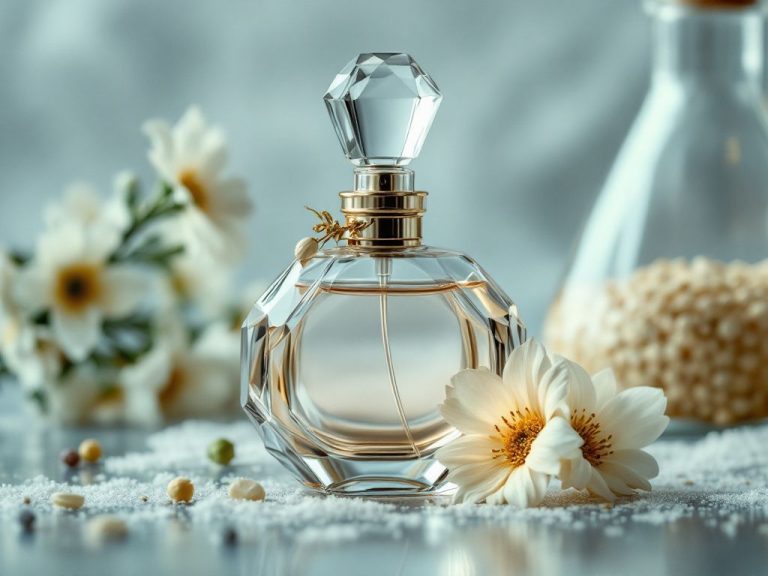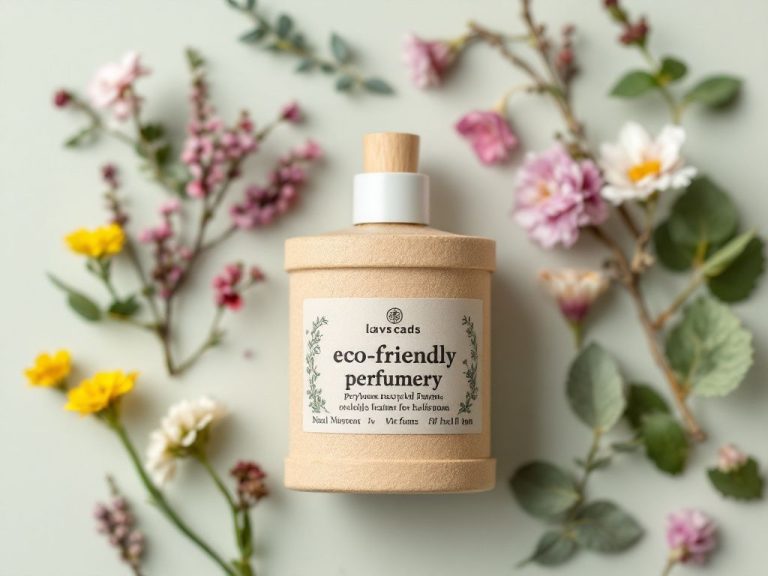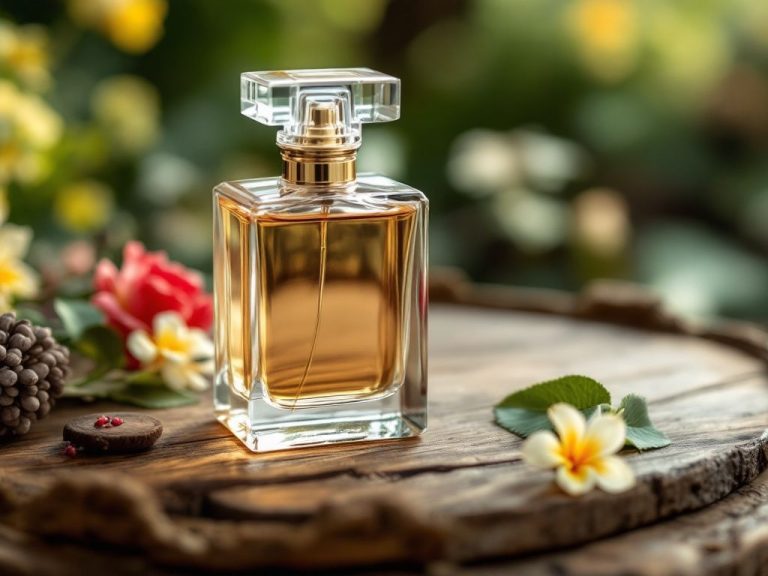
The Great Material Debate: Natural vs Synthetic Materials
The debate between natural vs synthetic materials has been ongoing, with each side having its own set of advantages and disadvantages. Natural materials are biodegradable, breathable, and hypoallergenic, but can be resource-intensive and less durable. Synthetic materials, on the other hand, are durable and versatile, but can be less breathable and contribute to environmental concerns. In the world of perfume, both natural and synthetic materials play a significant role, with natural notes offering authenticity and synthetic notes providing consistency. Ultimately, the choice between natural and synthetic materials depends on the intended use, environmental impact, and cost consideration. By understanding the pros and cons of each material, we can make informed decisions that balance our needs with the needs of the environment.









